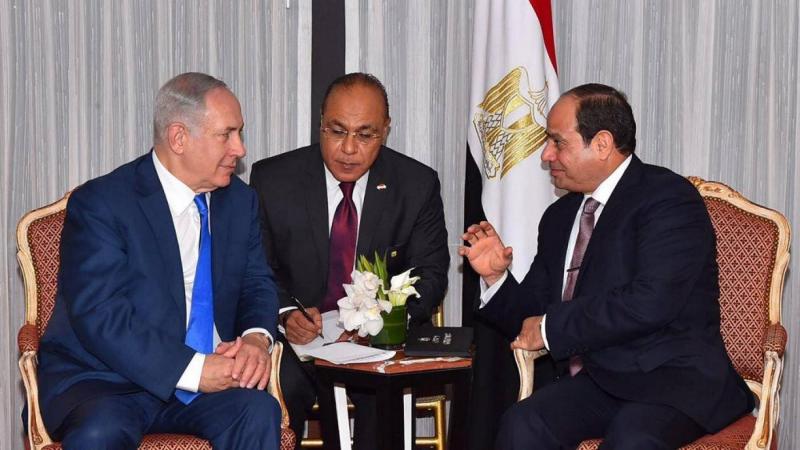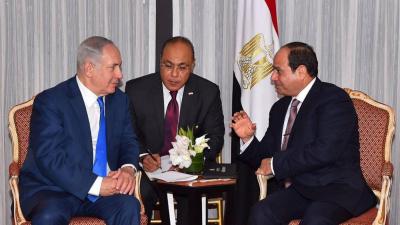Israeli officials participating in hostage negotiation talks with Hamas in Cairo were surprised by Prime Minister Benjamin Netanyahu's announcement of red lines in the deal last night. According to Israeli newspaper Yedioth Ahronoth, it became known that 70% of the Rafah tunnels leading to Egypt have been closed by Cairo, and amid the criticisms directed at Netanyahu's principles of negotiation, senior officials say that this could complicate the talks with Hamas and the Egyptians regarding the future of the Philadelphi route.
They stated that "Netanyahu’s principles harm the discussions and negatively affect every step taken by the negotiating delegation in Cairo." In Netanyahu's announcement yesterday, one of the conditions stated that it would not be possible to smuggle weapons to Hamas from Egypt to the Gaza border. Senior officials noted that there is no unusual rigidity in this situation, but Netanyahu's declaration makes communication with the Egyptians difficult before engaging in detailed discussions today.
They added that this undermines the dialogue taking place with Cairo and adversely impacts all discussions. The security delegation that left for Cairo yesterday morning is headed by Shin Bet chief Ronan Bar, and also includes the head of the political-security department at the Ministry of Defense Dror Shalom, the head of the Israeli military's strategy division Major General Eliezer Toledano, and the operations coordinator in the territories, Captain Rasan Aliyan.
During the visit, the two sides will address various issues, including the Rafah crossing, and an Israeli request is expected to be made to build an underground barrier along the Philadelphi route to prevent drug and arms smuggling. Yesterday, political and security officials in Tel Aviv received Prime Minister Netanyahu’s official announcement regarding the five principles in the negotiations for the release of hostages with surprise, primarily due to its timing.
Last night, Netanyahu held a security discussion and a situation assessment concerning the prisoner release agreement with Defense Minister Yoav Gallant and members of the military and intelligence. However, shortly before the meeting, Netanyahu decided to disclose his terms for the deal in an official statement to the media – even before finalizing anything with Gallant and security officials.
Netanyahu’s announcement came at a critical moment for the release of hostages as part of a potential deal with Hamas. A security source claimed that Netanyahu released the announcement to delay discussions on the deal and thus harm chances of advancing it. The security source stated that "inappropriate actions could harm the chances of returning the hostages to their homeland."
Yedioth indicated that the deal comprises three phases – in the first phase, all women, sick individuals, and adults who remain in captivity will be released. Reports suggest these include 33 hostages, both living and deceased, who are expected to be released within six weeks. In the second phase, which Hamas and Israel will negotiate, the remaining living hostages, especially youths and soldiers, are to be released. This phase involves the most contentious disagreement in the agreement, as Hamas demands a permanent ceasefire, which Israel currently rejects. The third phase is expected to involve the release of the remaining bodies. In each phase of the deal, Israel is supposed to release hundreds of Palestinian prisoners from jails.




